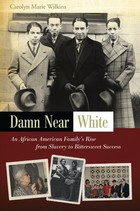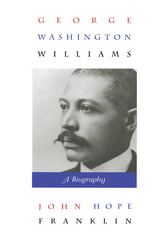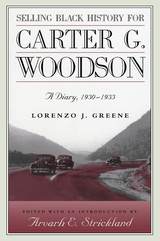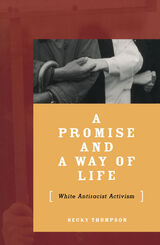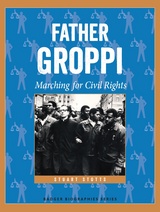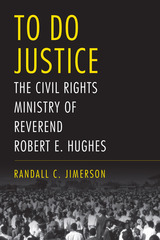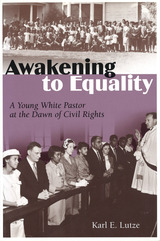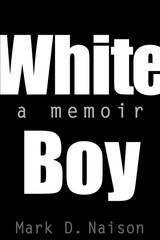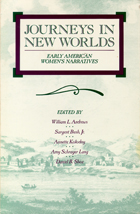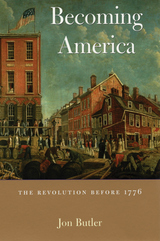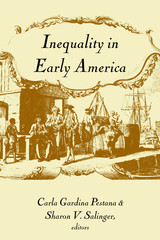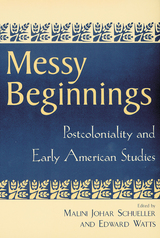[A] vibrant new biography...A Singing Army vividly recreates the social and cultural history into which Zilphia Horton lived, and it brings to light her enduring achievements, her passionate vision for the arts and music and the ways they shape the human heart and effect social change, and her exceptional contribution to folk music and folk music scholarship.
— No Depression
Throughout A Singing Army, Ruehl reasserts Horton’s belief that “'the arts are not dressing,' but rather an important aspect of political organization that allows people from different backgrounds to understand one another’s struggles and find common ground. Ruehl’s invocation of Horton’s beliefs plays like the catchy refrain to one of Horton’s labor songs, emphasizing the importance of her ideals and showing readers another way to organize and connect with others...Through her subject’s incredible life and through her straightforward, observational style, Ruehl illuminates a story bound to inspire 21st-century artists and activists.
— Nashville Scene
A Singing Army is thoroughly documented, drawing on archival research, letters, and interviews with Thorsten and Charis, Zilphia’s sister, and others. As portrayed by Ruehl, Zilphia is independent, resourceful, resilient, and original, and Myles clearly shares her collaborative spirit. Although 'social justice' and 'the South' are still often seen as oxymoronic, Ruehl illuminates a time and place when people were trying to make them synonyms.
— Chapter 16
This impactful book delivers Horton's story with care and compassion...We need people to tell such stories. People need to read such stories. Our world is better [when] we have access to such history. We can create an even better world when [we] give more attention than ever to the people who bring these stories to us. My hope is that people take the time to read this fantastic book about Zilphia Horton and follow her example.
— Bearded Gentlemen Music
Kim Ruehl has done the history of American social justice movements a great service in this first biography of Zilphia Horton...Ruehl’s thorough and thoughtful book testifies to her lasting influence.
— WNC Magazine
A Singing Army is a revelatory look into how Zilphia [Horton] contributed to providing a safe and nurturing environment for social change makers at the Highlander Folk School and how this was an integral part of enabling social change.
— Southern Review of Books
Kim Ruehl deftly weaves archival research with modern-day investigations and interviews to give readers a long overdue examination of a remarkable woman and her role in transformative social movements that forever altered the American landscape. Alternately uplifting and heartbreaking, inspiring and tragic, A Singing Army is an enthralling history going back more than half a century, yet perfectly suited to this moment in time. Thanks to Ruehl’s dedication and tenacity, the story of Zilphia Horton and the Highlander Folk School has been brought to illustrious, penetrating light.
— Denise Kiernan, New York Times best-selling author of We Gather Together, The Last Castle and The Girls of Atomic City
For anyone committed to building vibrant justice movements rooted in anti-racist, working class–based economic justice as well as feminist values, this book about the life, work, and leadership of Zilphia Horton is a crucially important blessing. Horton was central to creating the Highlander Folk School and weaving music and cultural organizing into building up multiracial labor and civil rights movements. This is a long-awaited and much-needed resource that deserves to be read and studied by all of us working for collective liberation.
— Chris Crass, author of Towards Collective Liberation: Anti-Racist Organizing, Feminist Praxis, and Movement Building Strategy
Kim Ruehl (one of my favorite music writers), has uncovered a superhero who was a driving force behind the music and activism of the Highlander Folk School: Zilphia Horton. No longer an unsung heroine, Horton is viscerally visible in this thoroughly researched story of her life and legacy. It is more important than ever for such women's histories to be remembered and archived. Ruehl tells Horton's story with thoughtfulness, integrity, and passion.
— Amy Ray, Indigo Girls
Beautifully written and endlessly fascinating, [A Singing Army is] one of the best biographies of the year.
— NPR, "2021 Books We Love"
In the first book devoted to [Zilphia] Horton, A Singing Army vividly recreates the social and cultural history of which Horton was part, and it brings to light her enduring achievements, her passionate vision for the arts and music and how they effect social change, and her exceptional contribution to folk music and folk music scholarship.
— No Depression, "Best Music Books of 2021"
An engaging and thought-provoking story of Zilphia Horton’s interesting life...The text presents a fascinating, detailed look at the complexities of Zilphia’s personal challenges, and a fresh look at Highlander’s history and activities...the high quality of the writing makes the book enjoyable and difficult to put down.
— CHOICE







